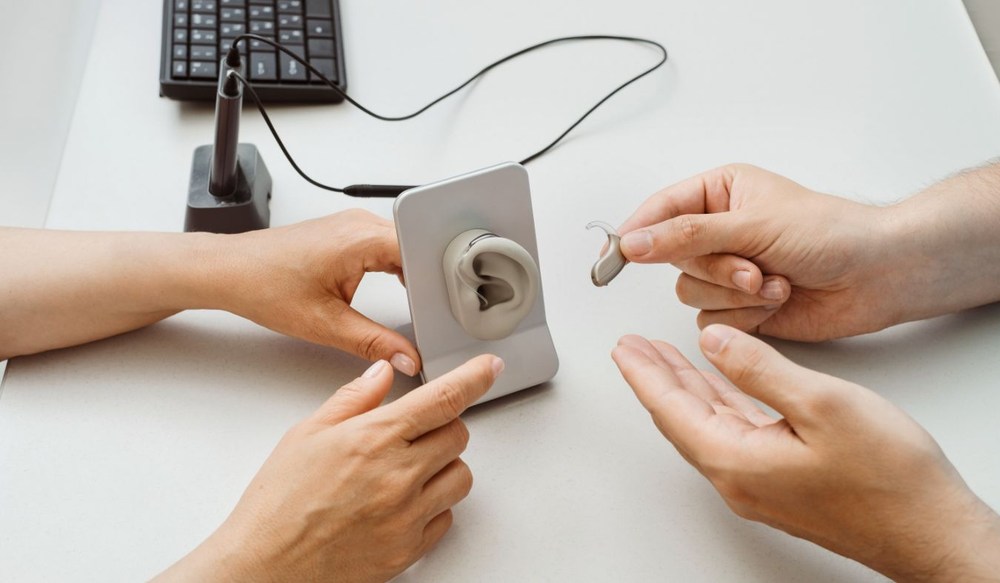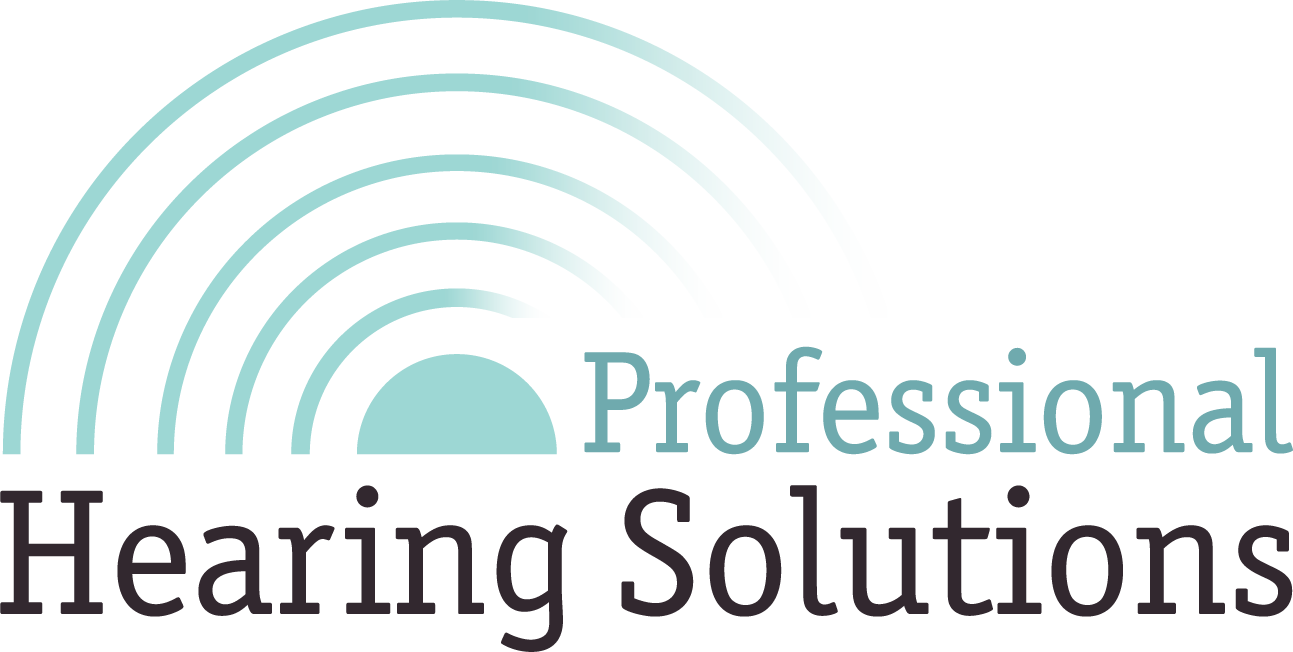The Impact of Hearing Aid Design on Wearer Comfort
The design of a hearing aid affects more than just how it looks. It
We Are Proud to be a VA Provider! SCHEDULE TODAY

By: admin | June 27, 2024
The changing seasons subtly influence your hearing. Each weather shift introduces factors that can impact your ability to hear. While this may be surprising, it’s a reality many are not aware of. Grasping these seasonal impacts on your hearing is the key to keeping your auditory health at its best throughout the year. Our goal is to equip you with knowledge and proactive strategies for all seasons by highlighting this often overlooked aspect of hearing care.
The relationship between seasonal changes and hearing is often overlooked, yet it can profoundly impact individuals with hearing loss or related conditions. Seasonal changes, like shifts in temperature, humidity levels and allergen exposure, can influence hearing health in various ways. Factors like cold weather, allergies and changes in atmospheric pressure can exacerbate existing hearing issues or lead to temporary fluctuations in hearing sensitivity.
Additionally, seasonal activities and environments, like outdoor sports or holiday gatherings, may present unique challenges for individuals with hearing loss, highlighting the importance of proactive hearing care year-round. By understanding the connection between seasons and hearing, individuals can take steps to protect their hearing and address any seasonal-related concerns with the guidance of a hearing healthcare professional.
Let’s focus on the specific effects of weather on your ears. Changes in atmospheric pressure, humidity levels and temperature can all impact your ear health. For instance, sudden drops in barometric pressure can cause a feeling of fullness or even pain in your ears. To alleviate this, try swallowing or yawning to help equalize the pressure in your ears. Similarly, cold weather can reduce circulation to your ears making them more prone to infections. Wearing earmuffs or a hat that covers your ears during chilly days is a simple yet effective preventive measure. Understanding these weather-induced changes and taking proactive steps can help you maintain good ear health irrespective of the season.
Let’s look at how cold weather affects your hearing health. The chilly temperatures and harsh winds can directly impact your ears, and understanding this is vital for maintaining good auditory health during the colder months.
Cold weather can constrict blood vessels, reducing circulation to your ears and leaving them more vulnerable to infections. Furthermore, the dry air of winter can lead to a build-up of earwax, which can block your ear canal and affect your hearing. Here are some tips for protecting your ears during cold weather:
Winter activities like building snowmen and hitting the slopes are a beloved part of the season. These frosty pastimes can bring joy and laughter. But have you ever thought about how they might affect your hearing?
For example, skiing or snowboarding at high speeds can expose your ears to intense wind noise. This could potentially harm your hearing if you’re not adequately protected. Similarly, taking a tumble on the ice may lead to a bump on the head that could impact your auditory system.
So what can you do? Consider wearing ear protection when participating in noisy winter sports or activities. And always take care when walking on icy surfaces to avoid falls. We’re here for you with advice and support as you enjoy winter fun while keeping your hearing health in mind.
As we transition from winter to spring, a new set of challenges for our ears comes into play. One of the most common issues during this time is the onset of spring allergies. Just like a domino effect, these allergies can have a significant impact on your ear health.
Spring allergies often lead to increased production of mucus in your body. This can block your Eustachian tubes – those tiny passages connecting your throat to your middle ear – much like a dam blocking a river. When these tubes are blocked, it can result in feelings of fullness or pressure in the ears, and even temporary hearing loss. Understanding this link between spring allergies and ear health is crucial in managing your hearing care during this season.
Let’s discuss how heat can affect your hearing health. Just as a hot car left in the sun can have its interior altered, so too can the summer heat contribute to changes in your hearing.
The high temperatures of summer can lead to increased perspiration, and this moisture can find its way into your ears. This could potentially create an environment conducive for bacterial growth and infections. Similarly, spending time in chlorinated pools to escape the heat may also impact your ear health. Chlorine can alter the pH balance in your ears, leading to swimmer’s ear or other related issues. Being aware of these potential changes during summer and taking preventive measures is crucial for maintaining optimal hearing health throughout this sunny season.
Enjoying a dip in the pool or a day at the beach is synonymous with summer fun. However, these activities can pose potential risks to your ear health if not approached with caution.
Water entering your ears during swimming or other water sports can lead to conditions like swimmer’s ear. This is an infection that occurs when water gets trapped in your ear canal, creating a moist environment where bacteria can grow. Moreover, exposure to loud sounds from jet skis or motorboats can potentially harm your hearing. Here are some preventive measures you can take:
As we transition from the warmth of summer to the crisp coolness of fall, it’s important to consider how this change might subtly impact your hearing health. Just as leaves change color and fall, your auditory function may also experience slight shifts during this season.
The cooler temperatures and drier air of fall can lead to an increase in earwax production, potentially affecting your hearing. Additionally, autumn often brings an uptick in cold and flu viruses which can cause ear infections or temporary hearing loss. Stay proactive by keeping your ears warm and scheduling regular check-ups with an audiologist. Understanding these subtle seasonal influences on your auditory function is key to maintaining optimal hearing health all year round.
Luckily, there are several ways you can keep your auditory system protected to fall’s falling temperatures, including:
To identify these shifts in your hearing:
Let’s discuss the importance of regular hearing checks. These routine assessments are not just for those who have noticed a change in their hearing, but for everyone who values their auditory health.
Regular hearing checks provide the opportunity to catch potential issues before they escalate. They give hearing specialists the chance to monitor your auditory health closely and suggest preventive measures or treatments if necessary. This proactive approach can lead to better overall hearing health and quality of life.
Shifting seasons can present unique challenges for maintaining optimal hearing health. One such hurdle could be the increase in earwax production due to dry air in the colder months. This excess earwax can block your ear canal, leading to temporary hearing loss. A practical solution to this is staying well-hydrated and scheduling regular professional cleanings with a specialist.
Similarly, the summer season brings with it an increase in perspiration and exposure to chlorinated water, both of which can create a favorable environment for bacterial growth in your ears. This could potentially lead to infections impacting your hearing health. An effective way to counter this is by wearing waterproof earplugs while swimming and ensuring you thoroughly dry your ears after any water activity. By understanding these seasonal impacts on your hearing and implementing these practical strategies, you can maintain optimal auditory health all year round.
Understanding the influence of seasonal changes on your hearing is vital for maintaining optimal auditory health. The process to better hearing health can seem confusing if you’re unsure what to expect, but you don’t have to experience it alone. At Professional Hearing Solutions, we are here to guide you every step of the way.
If you’ve noticed any changes in your hearing with the shift in seasons or if you’re simply looking for more advice on how to protect your ears throughout the year, don’t hesitate to reach out. You can contact us in Port Orange, FL by calling (386) 478-7345. Let’s take that step towards better hearing health together today.

The design of a hearing aid affects more than just how it looks. It
By: admin | October 20, 2025

Nothing beats summer’s outdoor possibilities. Whether you’re
By: admin | July 29, 2025

Hearing tests have come a long way from the basic “raise your hand
By: admin | June 20, 2025
